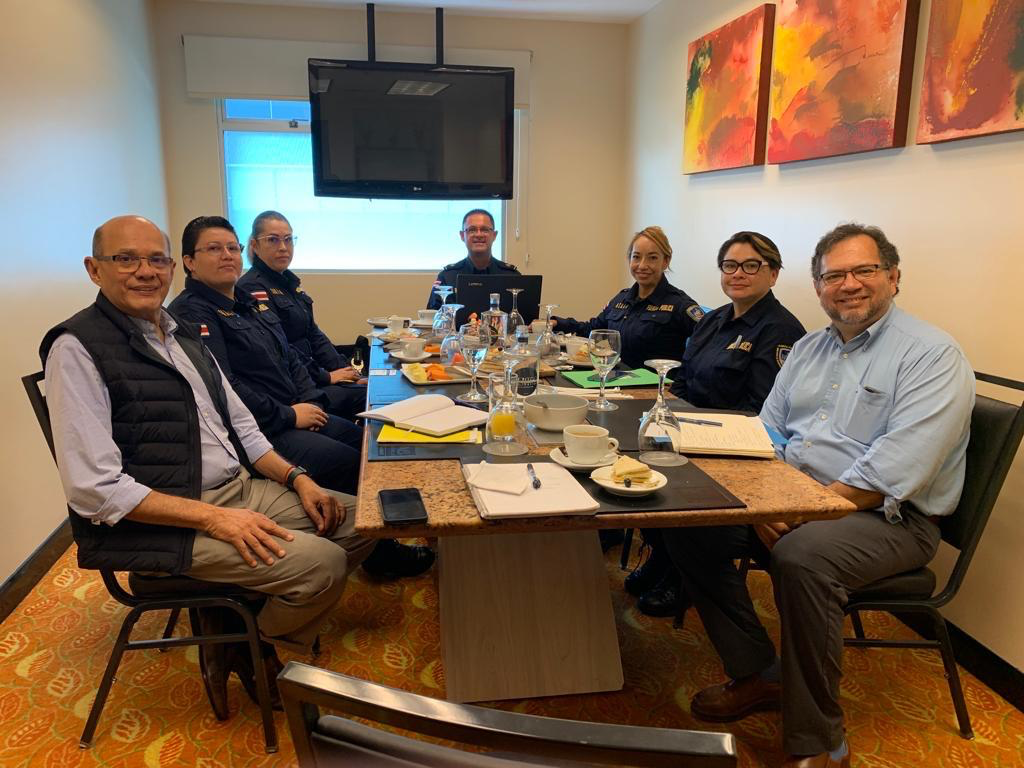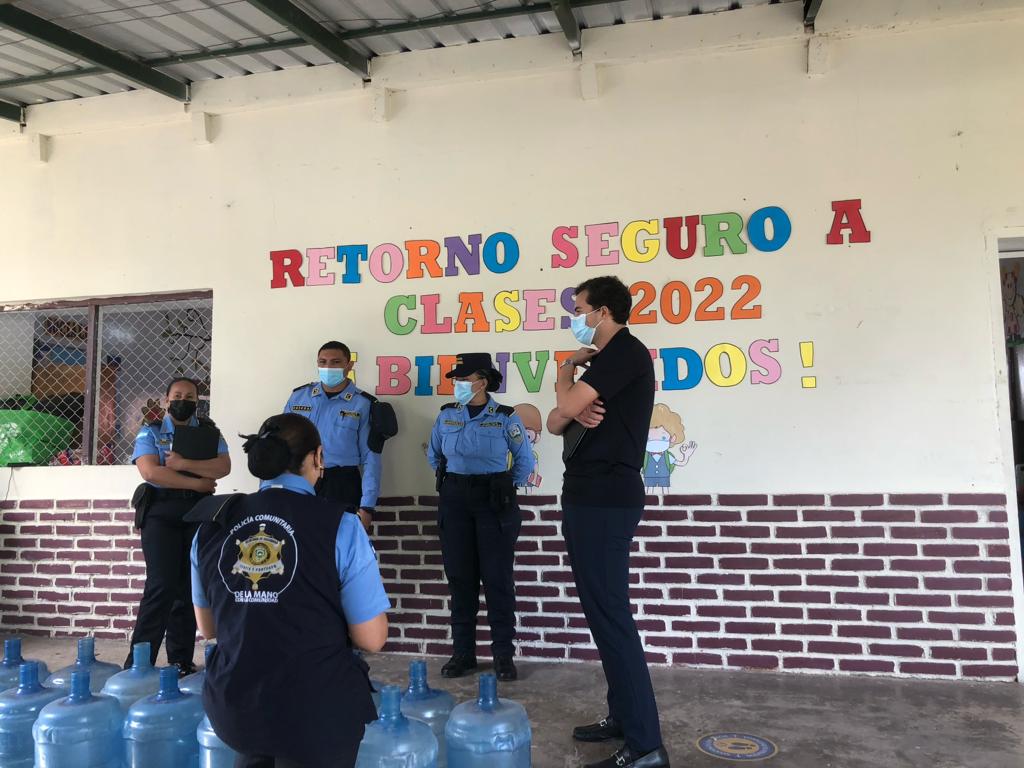How can youth violence be prevented?
The Latin American and Caribbean region has been facing high levels of criminal violence for several years. Recent developments in Ecuador, Haiti, and Mexico have shown that street gangs are responsible for an important share of the criminal violence affecting the region. Since the mid-2010s, LACC has been conducting a comprehensive research agenda to understand gang violence in Central America and the conditions that may mitigate the expansion of criminal organizations in the region. Funded by the Bureau of International Narcotics and Law Enforcement Affairs (INL) and the United States Agency for International Development (USAID), LACC has produced unique policy-relevant research pinpointing the conditions behind the escalation of criminal violence in several countries in the region.
As part of its $2.6 million INL-funded research, LACC and the team led by Dr. Jose Miguel Cruz have collaborated with the University of Notre Dame over the past two years to conduct the first evaluation of the Gang Resistance Education and Training (GREAT) program in Central America. The GREAT program is an educational initiative designed to prevent youth from joining gangs by teaching them life skills and fostering positive relationships with law enforcement. This study, modeled on previous US evaluations of the program, marks the first comprehensive assessment in the region in the decade since GREAT's implementation. The study employs a mixed-method approach, incorporating over 30,000 student surveys and qualitative assessments from over 100 program implementers. The primary objective of this evaluation is to assess the program's effectiveness and determine the long-term impact of such prevention initiatives on deterring youth from joining gangs in the region.

